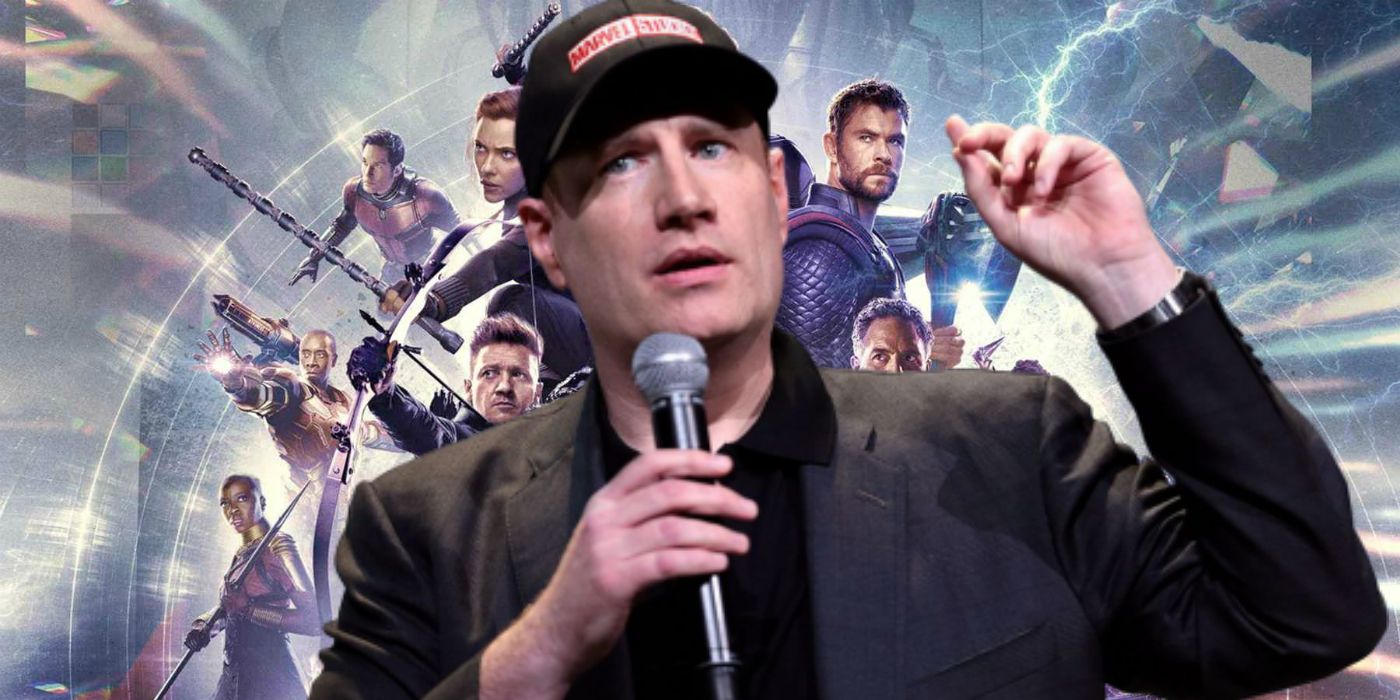Writer Derek Kolstad, part of the writer's room of Falcon & Winter Soldier, has revealed some of the secrets of the "Parliament" who manage the Marvel Cinematic Universe. The success of the MCU led to every studio attempting to imitate the Marvel formula, launching their own shared universes. Not all were sensible - Sony's Robin Hood cinematic universe was a dumb idea that never became a reality - but none have equaled Marvel's.
A decade on, the MCU has become incredibly complex. 23 movies have released to date, and the franchise is expanding into a series of live-action TV shows on Disney+ as well. The number of characters and concepts in play is increasing at an exponential rate, and it doesn't help that the stories are jumping around the timeline with impunity; the upcoming Black Widow movie is set before Avengers: Infinity War, Eternals, reportedly spans millions of years, and both WandaVision and Falcon & Winter Soldier have explored the consequences of Avengers: Endgame. This really isn't easy to organize and orchestrate.
In an interview with Collider, Kolstad has revealed how Marvel managed the scripts of Falcon & Winter Soldier. Kolstad explained that he submits his scripts to Marvel Studios president, Kevin Feige, and he sometimes found the experience quite intimidating, because he'd get something like 15 pages of notes. These wouldn't originate from Feige alone, but rather from a group called the Parliament. "It's probably 12 to 15 people, and all of their notes are compiled," Kolstad observed. Adding:
And by the way, the cool thing about their notes, to the assistant's credit, there was nothing in those notes that was repetitive or conflictive. And if it was conflictive, it would be like, 'Okay, these are conflicting notes.' And you're like, 'Oh, thank god.' I think they referred to the heads of Marvel as The Parliament. There's 15 of them or whatever [who] meet at the beginning of the day and the end of the day, so it was their notes. But for the most part, man, you loved finally getting a draft in. They're like, 'Hey, great job, it's going to go to production, a lot of it is going to change,' and you're like, 'Yup, good luck, man!'
This is the first time Marvel's Parliament has ever been mentioned. Years ago, Marvel Studios was overseen by the Marvel Creative Committee, but unfortunately things didn't go well. Disney forced a corporate restructure in 2015, pulling Marvel Studios out of the wider Marvel Entertainment group, and placing Kevin Feige in charge. It seems the MCU has now expanded to the point where much more oversight is required, but it's worth noting Kolstad describes a much healthier working environment than anything seen under the old Creative Committee. It looks as though the modern Marvel Studios Parliament focus on the positives, and they avoid overburdening writers by compiling their notes; they even seem to draw attention to where they have different opinions, so the writers don't feel pressured by contradictory ideas.
In organizational terms, Marvel Studios sound to have evolved into a fascinating new form. But it's worth noting the evolution is not over, because Marvel recently advertised for a Story Manager to help manage the continuity and ensure character journeys are consistent. Hopefully it won't be long before insiders reveal a little more about how the modern MCU is being managed, and viewers learn just who sits on the Parliament.
Source: Collider








